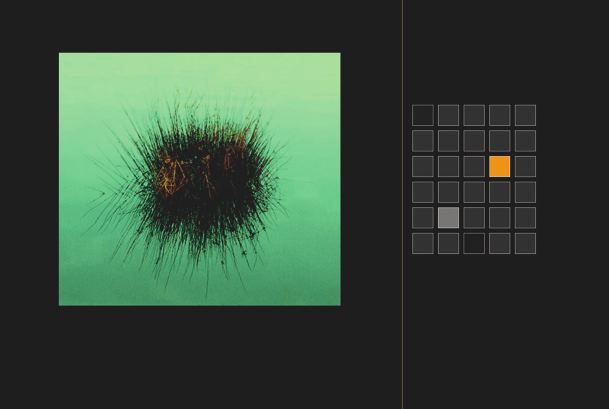|
English Pixelstorm-Award 2011: |
| Alle Beiträge
letzter Beitrag nächster Beitrag |
|
| Der erste Beitrag aus Kanada stammt vom international bekannten Medienkünstler Michael Filimowicz: | |
 |
|
|
MERIDIEND MERIDIEND is a work of net art combining literary writing and digital photography to explore a variant of psychogeography, defined by Guy Debord as "the study of the precise laws and specific effects of the geographical environment, consciously organized or not, on the emotions and behavior of individuals” and “a technique of rapid passage through varied ambiences.”* The photographs are both global (drawn from images I have already taken on journeys in various countries) and local (for the most part new images produced on road trips throughout southern British Columbia, in the vicinity of Vancouver). The texts are from my previous publications as well as new texts written for this work. The writing is multi-genre and includes stylizations in creative nonfiction, science fiction, prose poetry, autobiography and experimental modes. All texts and images are original to me (i.e. non-appropriated). The approach to psychogeography in MERIDIEND is to explore the interstices between writing and the real places that served in some way as a point of contact for these texts. Neither text nor image "explain" or "caption" the other, but rather viewing and reading relies on the memory of each, as texts and images are not viewable simultaneously. Furthermore, the approach taken here rejects the "anti-ruralism" of the Situationist dérive with its urban obsessions, and engages the poetic and dialectical tensions between city and country. What is revealed is the autonomy of these two processes (photography and writing) which can share a common “origin” (an inspiration by the “same place”) but also ultimately diverge radically due to their inherent differences. Another layer of dérive is that offered by the interface, namely the experience of the interactor who can drift amongst these texts and images in either random or systematic fashion, or some combination thereof. Once the image has been replaced by its accompanying text, it cannot be easily gotten back to unless an effort has been made by the viewer-reader-drifter to keep track of one’s moves. * Citations from Debord can be found online at http://www.bopsecrets.org/SI/2.derive.htm and http://www.bopsecrets.org/SI/report.htm The URL to the work is: http://www.sfu.ca/~mfa13/Meridiend/applet/ (NOTE: this work requires a Java-enabled browser may take about ten seconds to load fully) Link zum Beitrag Autor/in: FILIMOWICZ MICHAEL, SIAT- SFU Surrey, 250 -13450 102 Avenue Surrey, BC V3T 0A3 CANADA, 10.09 22:48 http://www.filimowicz.com Michael Filimowicz is a new media artist working in the areas of sound, experimental video, creative writing, net art, public art and digital photography. As a writer he has published poetry, fiction and philosophy, and as a sound designer he has worked on hundreds of documentary soundtracks for cab ... etc. etc. |
|
|
|